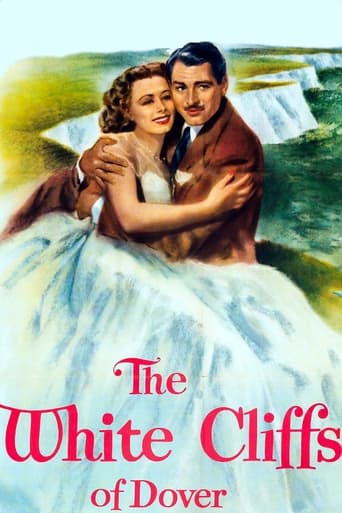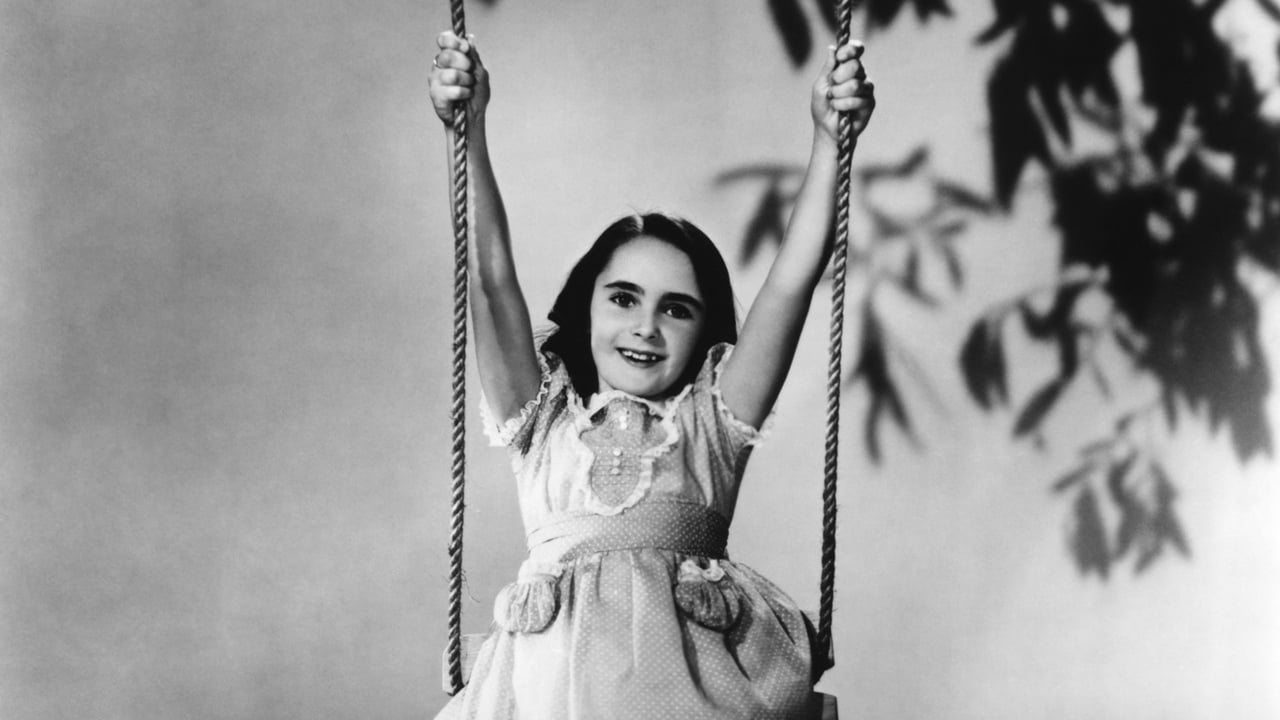richard-1787
This is, in most ways, a clichéd repeat of 1930s movies about the snobbish English aristocracy and the almost Stepin-Fetchit obsequiousness of the English peasantry. Think *Mrs. Miniver* from two years before, or *Rebecca* from four years before. Irene Dunne gives yet another wonderful, nuanced performance, and Alan Marshal, handsome but not a great actor, is dispensed with fairly early in the movie, so we can enjoy Gladys Cooper and the other character roles instead.But then, at the end, we several times are told that "God will never forgive us if we break faith with our dead again," if we go to war yet again after World Wars I and II, with all their loss of life. It is a very strange note on which to end this movie, especially since, when it was released in June, 1944, we were just landing in Normandy and had no idea when World War II would end, and how.This is, in short, about as close to an anti-war movie as the Office of War Information could have countenanced during the war.As I said at the beginning, most of it is just Hollywood clichés about the English recycled. Nothing new.But the end, far from uplifting, is particularly somber.I recommend it for Dunne's fine performance, and for the hint at isolationism that the end seems to suggest.
nikolasaelg
I am only giving a 5 due to the performance of Irene. But yet again through the years the projection of America as all there is to this world is ridiculous. As if any Scot or Englishman would actually accept the words mentioned in the film. Disgusting. On the other hand its more of a romance novel than a war movie as war is like a sidewalk into this film. The story line overall is nice but it should be filmed in a difference scene than use the theme of war to input this romance story. presenting the power of actors and words in the art of cinema is one thing, but using it as political brainwashing a propaganda is another. As a scene from the film America is a circus just like the band marches when war is announced by them.
jzappa
Irene Dunne is all in all herself, tender, transformative and powerful as an American girl who travels to England and falls in love with an English member of the aristocracy. Beautiful Irene marries the Englishman but their honeymoon is cut short on its first day as World War I breaks out. Director Clarence Brown's leisurely mood effect causes us to feel as disrupted as they do. Perhaps it is the soothing joy derived from the old-style black-and-white 35mm Spherical look, a classicism in George J. Folsey's cozy cinematography, that creates such a peaceful atmosphere. Believe me: This feeling is augmented by seeing it on a VHS tape, almost as though you are watching a timeworn relic. When the film quietly, serenely begins, Irene reflects upon her feelings relating to her life in England, a life she never expected to lead from event to event beginning with her purely dabbling arrival. The moving musical score fits like a velvet glove over the sustained close shot of her gorgeous face and the iceberg-thawing sound of her voice.The backbiting between Irene and her English counterparts early in the film is funny, posing one of the movie's unanxious emotional successes which as well include strong romantic and maternal joys and longings, WWI, brief bursts of rage, mourning, WWII, and the like. A scene in the movie circa the early 1930s sends a chill down the spine, illustrating two polite adolescent German boys, part of an exchange program, staying at the English family's countryside manor. Intimating they were part of early Nazi invasion plans, the boys let it slip in a conversation's startling turn for the less comfortable that they are pondering how the estate's large green would be perfect on which for troop gliders to land.
Briwilmen
This movie telecast recently on TCM was one of many made to promote better relations between the ordinary people of Britain and the USA. Michael Korda claims in his book that his father, Sir Alexander Korda was sent to Hollywood by Churchill, before the USA entered the war, with a mission to persuade his movie mogul friends to make movies with pro British themes. By the time this movie was released,there was a large build up of US service personnel in the UK in preparation for invasion of Europe and resentment towards the GI's was not uncommon. For many of todays viewers it may seem to be a little over the top. Howerver it is a classic, if for the only reason, it was our first glimpse of the fabulous Liz Taylor.


 AD
AD



